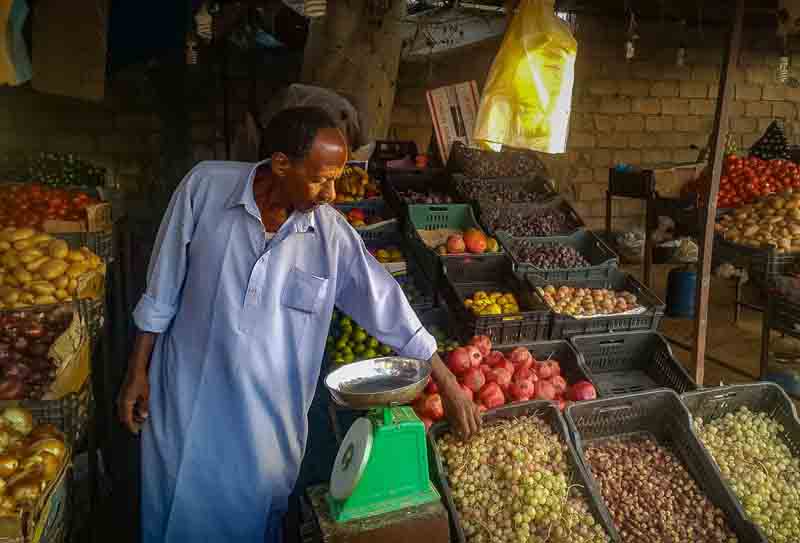As chaos and despair grow in Libya, Gadhafi son plans comeback
PUBLISHED: SUNDAY, JANUARY 7,
the fugitive son and onetime heir apparent of Libya’s late Moammar Gadhafi is planning a comeback.
Seif al-Islam “decided to run in presidential elections and I see a big chance for him because all the big tribes are supporting him,” said Abdel Majeed al-Mansouri, who headed Libya’s economic development board before 2011 and was close to him. “People are frustrated. Even those who were against the old regime will side with him as he’s not coming back representing the old regime. He’s coming with his plan for Libya’s future.”
Most Libya analysts disagree, dismissing Seif’s chances in a potential presidential election this year.
Yet the return of Gadhafi loyalists to the political arena six years after the NATO-backed uprising that killed him exposes the depth of public anger over insecurity and economic decay in the once-wealthy oil exporter. It will feed international concerns about the spread of Islamic State militants across North Africa and the tide of migrants clamoring to reach Europe.
Since Gadhafi’s ouster, Libya has been carved up among dozens of militias and rival administrations in the east and in Tripoli. Infighting crippled shipments of oil, Libya’s most important source of income, for nearly two years. While shipments have resumed, the economy has been devastated.“It’s a sign the Gadhafists are mobilizing, trying to have their say” for the first time since 2011, said Issandr El Amrani, North Africa Project Director at the International Crisis Group. “Libya’s getting more complicated. A breakthrough doesn’t seem imminent.”
Libyans line up for hours outside banks to obtain paltry sums. The weakening of the dinar on the black market has fueled inflation that has impoverished wage-earners and enriched speculators.
A U.N.-brokered unity deal concluded in 2015 failed to heal the country’s divisions. The government it parachuted into Tripoli, led by Fayez al-Sarraj, struggled to impose its authority over armed factions and the administration in the east. A new U.N. envoy appointed in June, Ghassan Salame, unveiled a revised plan, but the Dec. 17 expiry of Sarraj’s mandate came and went without a final deal.
While Sarraj continues to be recognized internationally, the peace process has been declared a dead letter by Khalifa Haftar, the commander of the self-styled Libyan National Army who controls much of the oil-rich east. Haftar’s bid to become military ruler of Libya pending elections has faltered, though, as he labors to win support outside his base.
Something, Libyans say, has to give.
Into this murky political landscape wades Seif. Nothing has been heard from him directly, but a man identified as the family spokesman told the Egypt Today magazine that he plans to run. Mansouri, now living in Turkey, confirmed the plan. He offered no details about Seif’s plan to reconcile Libyans and rebuild the battered economy, but said he thinks he will play an economic role if Seif wins.“We’ve lost confidence in all the political figures in parliament, in the two governments, east and west,” said Waheed Jabu, who works at the chambers of commerce in Tripoli. “Libyans now live in poverty. The banks are empty. People are unable to buy medicine, food or anything. There are gasoline shortages, electricity failures, water disruptions and general insecurity.”



 Reply With Quote
Reply With Quote









Bookmarks